Tomorrow marks a special occasion, as Steam Play celebrates its first birthday! A good time to reflect on how it’s impacted Linux gaming.
Steam Play is a feature of the Steam client on Linux that enables you to play Windows games just like you would with any other Linux game. It’s a feature that was long requested by users, with multiple tickets being opened on Valve’s steam-for-linux bug tracker, like this one, all the way back in 2012.
Announced officially on this day back in 2018, Valve shook the very core of Linux gaming and they’ve certainly made things interesting. What they came up in partnership with the team at CodeWeavers is called Proton—the name given to the software behind Steam Play. It takes Wine with some extra patches and bundles it together with other projects like DXVK. Proton is open source too, available to see on GitHub.
Linux users have used Wine for many years to run all sorts of games and applications from Windows on Linux. An issue with Wine usage is that developers see you as another Windows user in their statistics. Steam Play does help to solve that issue, as your purchases do count and show up as a Linux sale on Steam.
Hard to believe it has already been a year since it was introduced! I remember the intense excitement when Valve announced it, my heart was thumping pretty hard at the possibilities. Things have calmed down now somewhat with Valve putting out regular updates.
It’s no secret that Linux had seen practically no attention from AAA studios. Even the porting studios that previously gave us a number of bigger games have gradually pulled back. This is why Steam Play is and will continue to be important to the future of Linux gaming. Not necessarily just to give us easier access to brand-new big games as they come out, but also by enabling newer users on Linux to not lose access to their big back catalogue of titles. This is important to keep people on Linux.
As for the progress on Steam Play, it’s amazed me at times. Many games really are just click and play! One particular example that stands out is when Valve shipped Proton 4.2-4 on May 14th which enabled RAGE 2 to work on release day.
In our own community here at GOL as well as across the wider internet, the amount of posts I've personally seen about Proton enabling people to remove Windows is astonishing too. I've honestly lost count of reading things like "Proton is the reason I deleted my windows partitions", which is always fun to see.
Let’s not get carried away though, it has a very long way to go still. Tons of classic titles don’t currently work, some have big performance problems, ALT+TAB can be a problem and new games with various issues are being released every week. Like Linux gaming as a whole, it faces a rather huge mountain to climb but exciting steps are gradually being made.
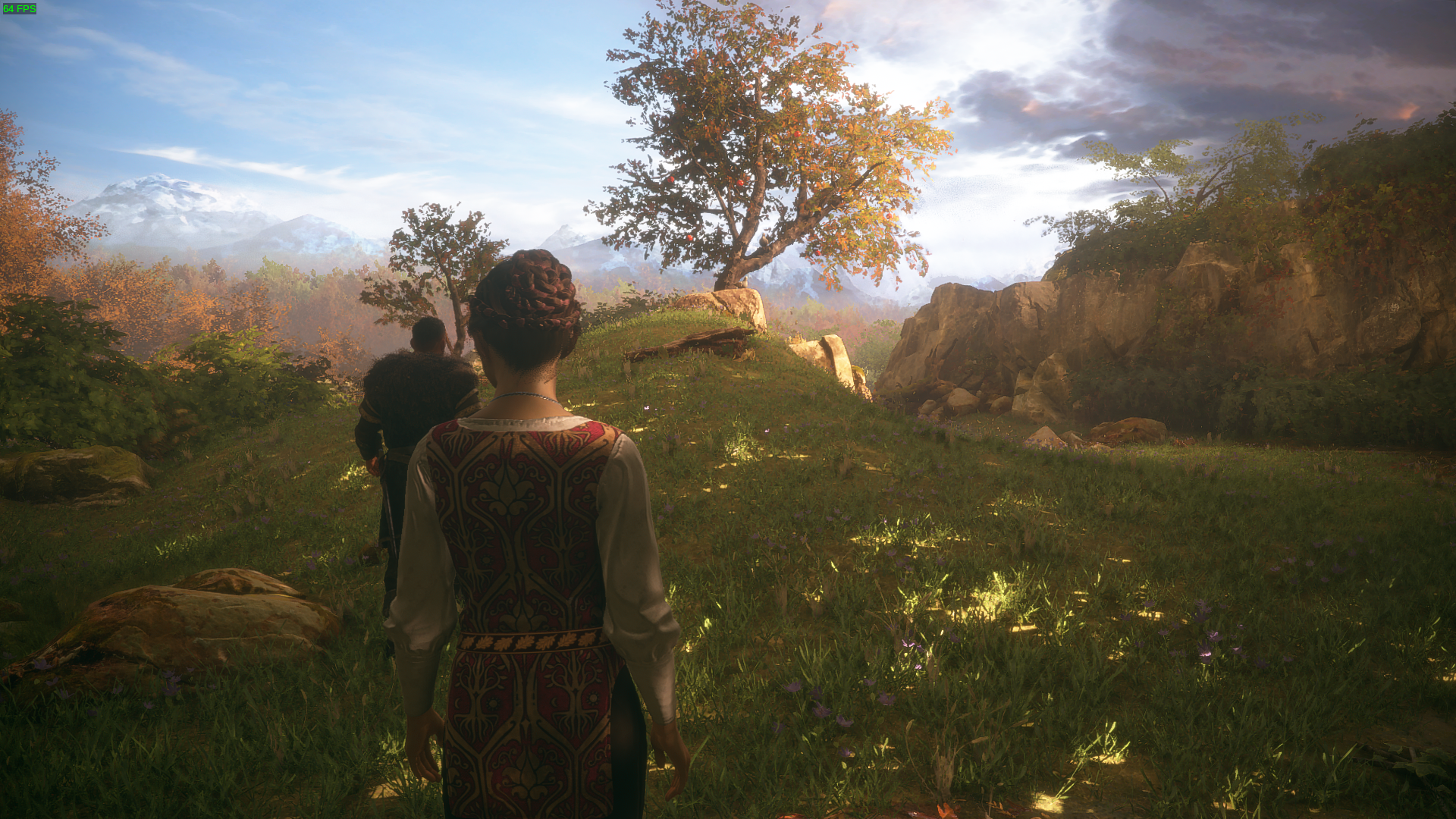
A Plague Tale: Innocence on Linux
According to the statistics available from ProtonDB, the unofficial tracker for Steam Play, there’s currently:
- 5,987 "games work"
- 1,129 games rated "Platinum"
- 1,160 games rated "Gold"
- 750 games rated "Silver"
- 406 games rated "Bronze"
- 493 games rated "Borked" (Broken)
Those ratings do always need to be taken with a heavy dose of salt though, as a lot of people don’t really stick to what the rating was originally meant for. There are cases of people reporting things as Platinum, when a bunch of manual steps are needed and things like that. Overall though, it’s still a good measure.
The next big steps for Steam Play will be (in no particular order):
- Easy Anti-Cheat Support
- BattlEye Support
- D9VK by default to speed up Direct3D 9 titles (currently experimental)
- Some kind of presence on the Steam store
The biggest hurdles of course are the anti-cheat systems like Easy Anti-Cheat and BattlEye. Both of these are currently being worked on for Steam Play compatibility. Once they work, the number of titles supported will likely rocket upwards, since there’s a lot of multiplayer games that use them.
For those worried about any possible decline in "native" Linux support, as I’ve said before in a different article: first we need more users, then we can worry about actual developer support. However, we certainly shouldn’t put off developers from supporting Linux if they can. Steam Play is not a replacement for supported titles but a companion. We need to break the cycle of people not wanting to game on Linux due to not having the games they want and developers not supporting Linux because of a lack of users. Steam Play, at least in my opinion, remains the best way to break this cycle.
Something I find interesting is how there’s been quite a number of posts across here, Reddit, Steam and other places with people telling developers to “just support Steam Play”. In reality, that likely won’t happen often if ever. Mainly as that would actually require developers to regularly test builds with Steam Play and so ensure everything they do works with it. With the drama surrounding Rust removing the Linux version, I thought about this point more. Garry Newman mentioned Steam Play and that “it'll be unsupported by us and could break at any time”.
If a game doesn’t work, you do have Valve’s refund option (great) but when so many games are updated way past release (often multiple times a week), breakage can be a major problem. You might wait weeks, a month or more for an update to Steam Play and it might not even include the fixes your game needs. Although, this can possibly be worked around using custom Proton builds but the issue of support then comes up again.
Newer versions of Steam Play breaking games has happened, but thankfully it’s mostly a non-issue as long as Valve continue leaving older versions available.
Not to downplay the progress of Steam Play but officially supported ports, “native” or not, will remain vitally important. They shouldn’t just break, but when they do, you’ve paid for official support and you would expect the developer to somewhat promptly fix it.
That said, Steam Play is brilliant! I do use it and will continue to do so as both a fan of what Steam Play has enabled and someone who is excited about new software and tech. It’s giving us things we couldn’t get easily before and that’s fantastic. It can also give a fresh boost to really old Linux ports, revive long-dead Windows games with better performance and more. Hopefully Steam Play will continue to mature, get more awesome and eventually when Linux takes over the world, not be required for new games. One step at a time though, right? We will be here at all steps of the journey of course.
For another anniversary post, do check out Andrew Eikum’s write up over at CodeWeavers. Always fun to learn a little behind the scenes info, I especially liked this bit "Proton is one piece in the much larger picture of allowing the Linux platform to be competitive with, and even surpass, other platforms.". I also realise at this point, that Eikum and I are now quoting each other in articles which is slightly amusing.
Additionally, Ethan Lee, the developer of FNA, FAudio and tons of Linux ports said on Twitter "The FAudio and FNA communities owe a lot to the Proton project for their development support over the past year. With our partnership we've done really good work for both Win32 preservation and native games for platforms of all kinds!".
Since it gets emailed in often: I’m currently waiting to hear back from Valve about answering a few questions. They have the questions, just waiting on answers. Unsure if it will happen or not, so fingers crossed on that one.
I remember being hyped for Doom (2016, I hate that we now have to reference the year), and hoping id would continue the trend of supporting Linux. Two years later I finally bought it to play using Proton - it was click-to-buy, click-to-play. And I hated the game in the end... getting locked in arena after arena with swarm after swarm and being forced to play in one particular style was just not fun.
No Man's Sky on the other hand.... Wow! I sunk many hours in to the last release and I've just started a new game with the v2.0 release. It's freaking amazing!
Somehting else on my mind also; Nidhogg. That had a borked Linux version for the longest time. At the request of Linux gamers the dev removed that build so we could play it with Proton.
Last edited by Luke_Nukem on 20 Aug 2019 at 9:23 pm UTC
These are interesting times indeed! :D
Steamplay is the breakout of the chicken and egg problem.
For myself, I play mostly old Windows games now. Dishohored, Batman Arkham Asylum etc. Finally all on Linux!
Edit: not to forget Skyrim SE
Last edited by dude on 20 Aug 2019 at 9:55 pm UTC
And technically it's amazing what has been achieved in a short time.
What I don't get is how many people that celebrate Proton, categorically reject Stadia.
Imho in the end it's a similar thing; you're able to play games that are not natively available.
For Stadia it's even the case that it might help the Linux infrastructure and raise acceptance among developers.
On the other hand, every game that runs through Proton is also at least indirectly supporting Windows as a platform. I'm quite fine with this. Others may not.
Last edited by sub on 20 Aug 2019 at 10:08 pm UTC
Not to downplay the progress of Steam Play but officially supported ports, “native” or not, will remain vitally important. They shouldn’t just break, but when they do, you’ve paid for official support and you would expect the developer to somewhat promptly fix it.*Looks at Aspyr.* It’s been what, 5 months now since the Borderlands update? Not even an ETA still.
What I don't get is how many people that celebrate Proton, categorically reject Stadia.Well, Stadia has a number of issues besides whether or not it’s "Linux gaming." Latency, subscription model, Google’s data-grabbing... There’s kind of a lot that you have to overlook to embrace Stadia compared to Proton.
Imho in the end it's a similar thing; you're able to play games that are not natively available.
For Stadia it's even the case that it might help the Linux infrastructure and raise acceptance among developers.
Last edited by Salvatos on 20 Aug 2019 at 10:20 pm UTC
As for the progress on Steam Play, it’s amazed me at times. Many games really are just click and play!You have that right. It has surpassed all my expectations.
I mostly use it to play Windows games that were already in my library, but even that is going to keep me busy for years. Unless something is pretty special, I will be reserving my money for native Linux games (or occasionally, older games that I know will never be ported).
Not to downplay the progress of Steam Play but officially supported ports, “native” or not, will remain vitally important. They shouldn’t just break, but when they do, you’ve paid for official support and you would expect the developer to somewhat promptly fix it.*Looks at Aspyr.* It’s been what, 5 months now since the Borderlands update? Not even an ETA still.
What I don't get is how many people that celebrate Proton, categorically reject Stadia.Well, Stadia has a number of issues besides whether or not it’s "Linux gaming." Latency, subscription model, Google’s data-grabbing... There’s kind of a lot that you have to overlook to embrace Stadia compared to Proton.
Imho in the end it's a similar thing; you're able to play games that are not natively available.
For Stadia it's even the case that it might help the Linux infrastructure and raise acceptance among developers.
Ofc, there are technical differences.
Latency. Will be naturally higher than a local game. But why not wait until it's released and see how much affect it has?
Subscription model. Some people might like that. Tbh, depending on the price I would probably use a subscription model with Steam.
Google's data-grabbing. Right. Please tell people to also not use Android phones. This will be many.
What I don't get is how many people that celebrate Proton, categorically reject Stadia.
Imho in the end it's a similar thing; you're able to play games that are not natively available.
For Stadia it's even the case that it might help the Linux infrastructure and raise acceptance among developers.
On the other hand, every game that runs through Proton is also at least indirectly supporting Windows as a platform. I'm quite fine with this. Others may not.
The big difference for me is that Valve is actively contributing to WINE and related open-source projects and make it so much easier to run windows software from my preferred OS. It's a basically a win-win for everyone.
I'm not well versed on Stadia's technology, but from what I understand it could steer devs toward Vulkan and benefit Linux gaming is less clear ways down the road. It's also a game-streaming service from Google, and those factors raise red flags with a lot of people.
I'll never assume Valve's motives are altruistic; They are big company who often fail to communicate with their users. But my biggest grip with their actions is often inaction, and I appreciate the transparency in how Proton mutually benefits both us and them.
Whereas Google is a nebulous titan (or perhaps demi-titan, if we take Alphabet Inc. into account) that many don't trust at all, myself included.
Is there a list, or perhaps people can suggest here, of NEW, GOOD AAA windows titles that are platinum on proton? I know about the protondb thing, but to me it seems more appropriate to search for a specific game and see if it works. Perhaps I am looking at it wrong with my old man eyes....The filters look a bit limited, but there is a selection of basically what you’re looking for at the bottom right of the home page ("Here is a sample of some popular games that are officially not whitelisted yet, but have received many Platinum reports on ProtonDB"). Beyond that, it looks like your best bet would be to use the ["Player Count" ordering](https://www.protondb.com/explore?page=0&sort=playerCount) and do a visual scan (or ctrl+F) for platinum-rated games in the list.
Last edited by Salvatos on 20 Aug 2019 at 10:57 pm UTC
Subscription model. Some people might like that. Tbh, depending on the price I would probably use a subscription model with Steam.
You still have to buy those games on Stadia. The subscription is to get additional features and maybe some games on the side. It's just another store front, one where you don't get to play those bought games locally. Personally I believe that Valve will eventually make their own streaming service on top of the existing game library and with the help of Proton be able to stream whatever you own without need for the game to be specifically ported for the platform as is the case of Stadia. Even in current state of Linux/Proton gaming, such a streaming service would crush Stadia on the spot.
Not to downplay the progress of Steam Play but officially supported ports, “native” or not, will remain vitally important. They shouldn’t just break, but when they do, you’ve paid for official support and you would expect the developer to somewhat promptly fix it.*Looks at Aspyr.* It’s been what, 5 months now since the Borderlands update? Not even an ETA still.
What I don't get is how many people that celebrate Proton, categorically reject Stadia.Well, Stadia has a number of issues besides whether or not it’s "Linux gaming." Latency, subscription model, Google’s data-grabbing... There’s kind of a lot that you have to overlook to embrace Stadia compared to Proton.
Imho in the end it's a similar thing; you're able to play games that are not natively available.
For Stadia it's even the case that it might help the Linux infrastructure and raise acceptance among developers.
Yeah since proton was announced, Feral have started porting to Switch, iOS, and Android.
There are only two games on their radar and both are far off.
I fear our days of awesome Feral ports are coming to an end.
Last edited by KohlyKohl on 20 Aug 2019 at 11:14 pm UTC
Yeah, 2017-2018 was a pretty fun year with all the Feral ports and radar riddles, but that has dried up rather abruptly. I hope they have something up their sleeveNot to downplay the progress of Steam Play but officially supported ports, “native” or not, will remain vitally important. They shouldn’t just break, but when they do, you’ve paid for official support and you would expect the developer to somewhat promptly fix it.*Looks at Aspyr.* It’s been what, 5 months now since the Borderlands update? Not even an ETA still.
What I don't get is how many people that celebrate Proton, categorically reject Stadia.Well, Stadia has a number of issues besides whether or not it’s "Linux gaming." Latency, subscription model, Google’s data-grabbing... There’s kind of a lot that you have to overlook to embrace Stadia compared to Proton.
Imho in the end it's a similar thing; you're able to play games that are not natively available.
For Stadia it's even the case that it might help the Linux infrastructure and raise acceptance among developers.
Yeah since proton was announced, Feral have started porting to Switch, iOS, and Android.
There are only two games on their radar and both are far off.
I fear our days of awesome Feral ports are coming to an end.
Is there a list, or perhaps people can suggest here, of NEW, GOOD AAA windows titles that are platinum on proton?
I've been really enjoying Hitman 2 recently. [Actually I have been playing the Hitman 1 missions in the Hitman 2 engine.] It even has a free demo so you can confirm it really is platinum. Hitman 2 came out last November so it's not exactly "new", but it is still getting new content AFAIK.
Personally I tend not to buy "new" games for price reasons. But "A Plague Tale: Innocence" is a newish AAA game I've got wishlisted for when it's cheap enough for me.
Most of the games I have been playing through proton wouldn't fit your criteria of both AAA and new, but regardless I can recommend: Hellblade, Unavowed and The Witcher, as good quality games that are platinum in proton. Hmm, actually Hellblade now shows up as gold, but it was platinum when I bought it a few months ago.
How much has Proton/Wine hurt Linux gaming is what I would still like to know.
Not significantly. Recent decline in Linux releases is not related to Wine, it's related to market saturation and is really something that had to eventually happen. It's not a permanent thing, rather market reacting on too many developers per certain amount of users, which translates into declining sales (supply outpacing demand). The market will balance back the same way, if supply will fall down and demand will grow further. So don't panic.
Last edited by Shmerl on 21 Aug 2019 at 12:50 am UTC
I do find it interesting to think about the Proton business case. Just throwing some numbers out there. Assume ~100 million Steam users, and maybe 1 million of them use Linux. If Valve spend $3m a year on Proton development, they need to average an additional $10 sales from each Linux user to break even (assuming their 30% cut). This seems plausible to me, but only with a platform the size of Steam.
Developing and supporting an independent implementation of the Windows gaming interfaces in this way seems like a much more efficient use of development effort than each developer maintaining their own ports.
Wait, August 21st is the birthday of Steam Play? It's also my birthday!Happy birthday!
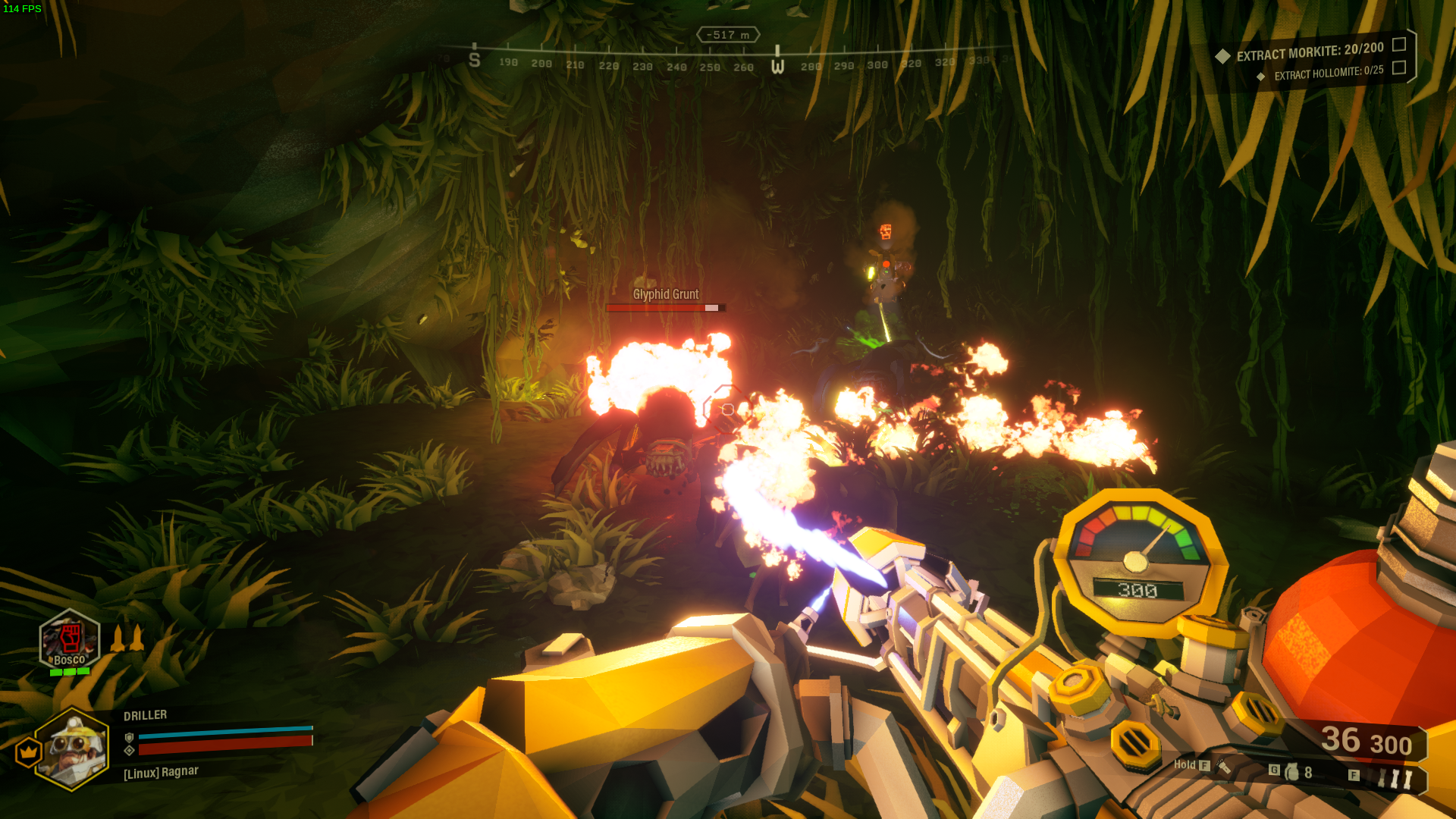
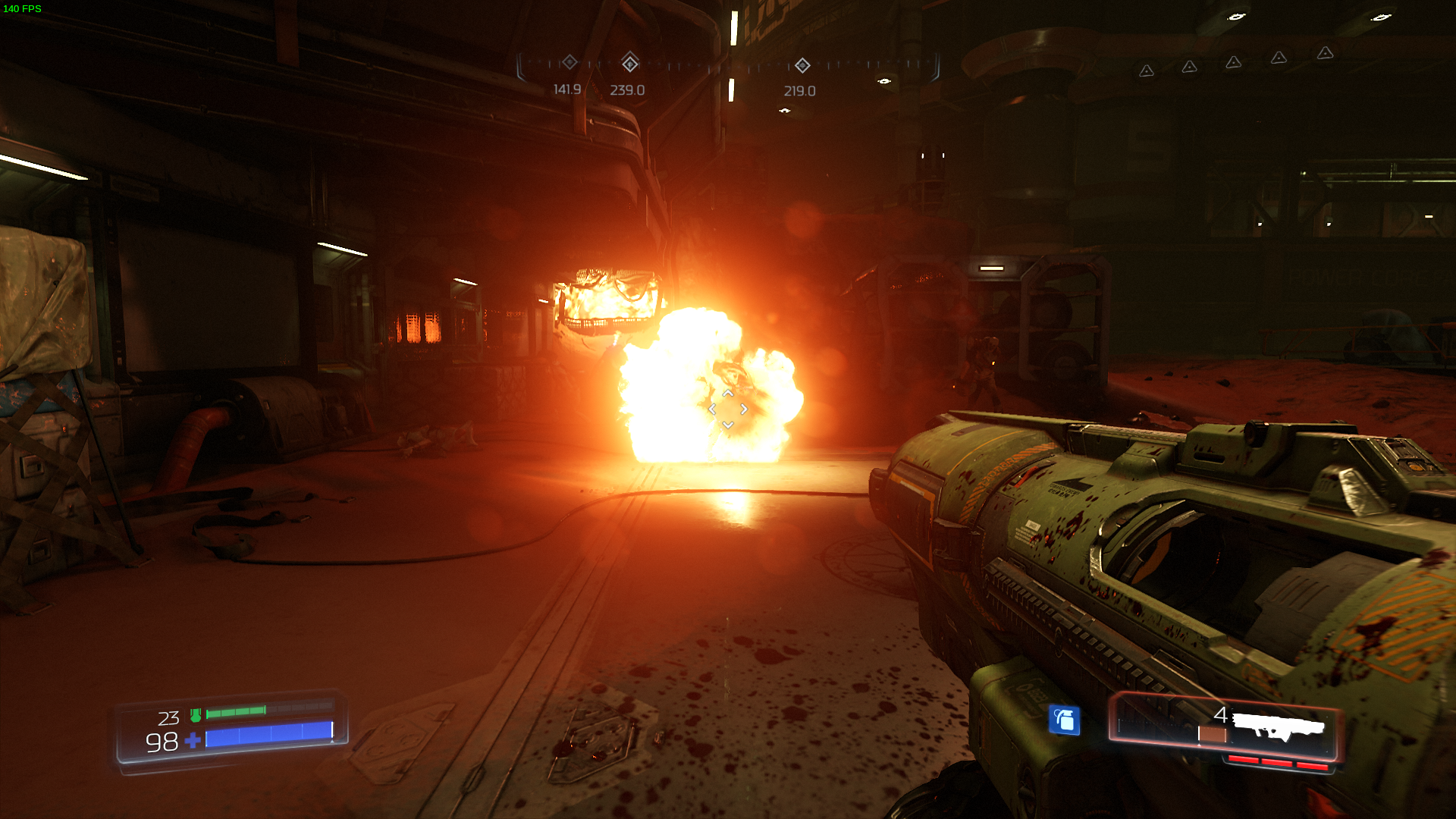
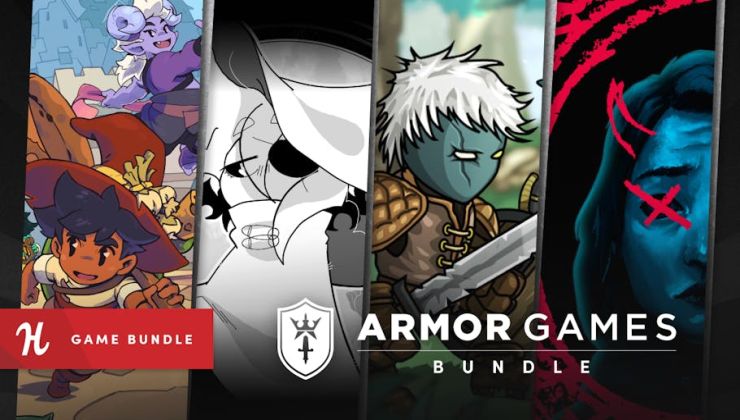
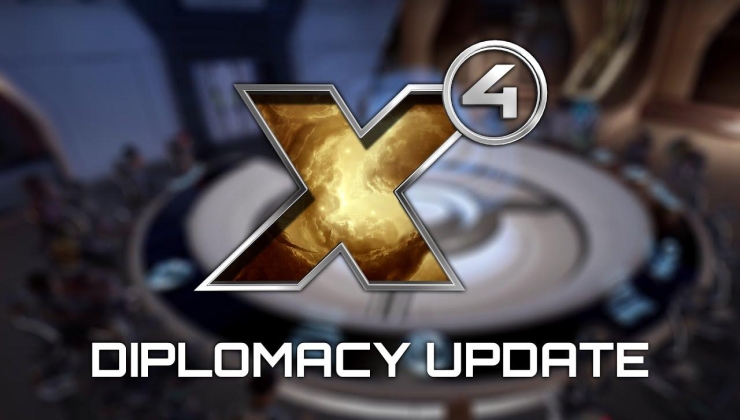
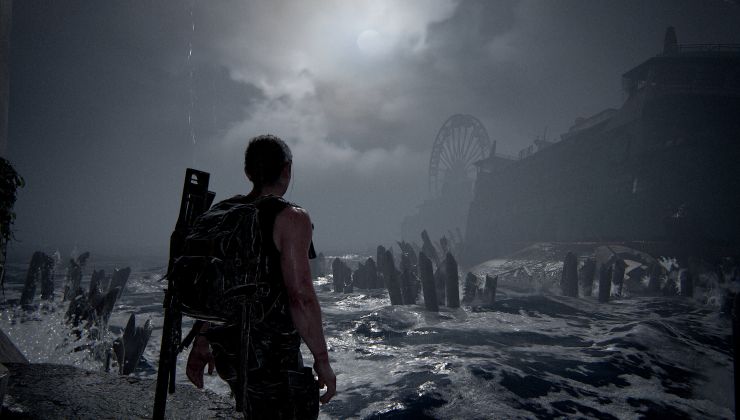
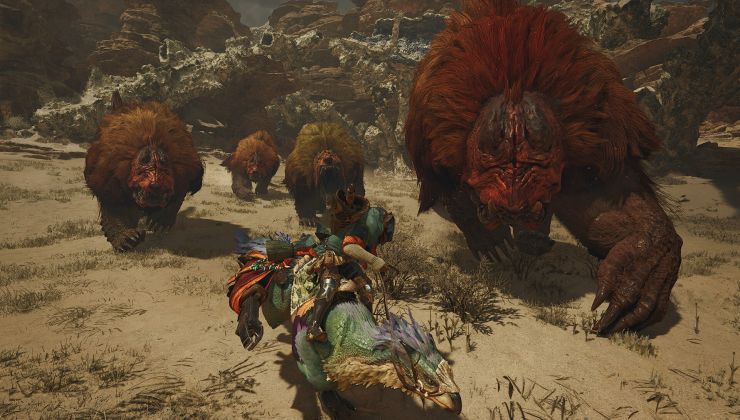








 How to set, change and reset your SteamOS / Steam Deck desktop sudo password
How to set, change and reset your SteamOS / Steam Deck desktop sudo password How to set up Decky Loader on Steam Deck / SteamOS for easy plugins
How to set up Decky Loader on Steam Deck / SteamOS for easy plugins
See more from me